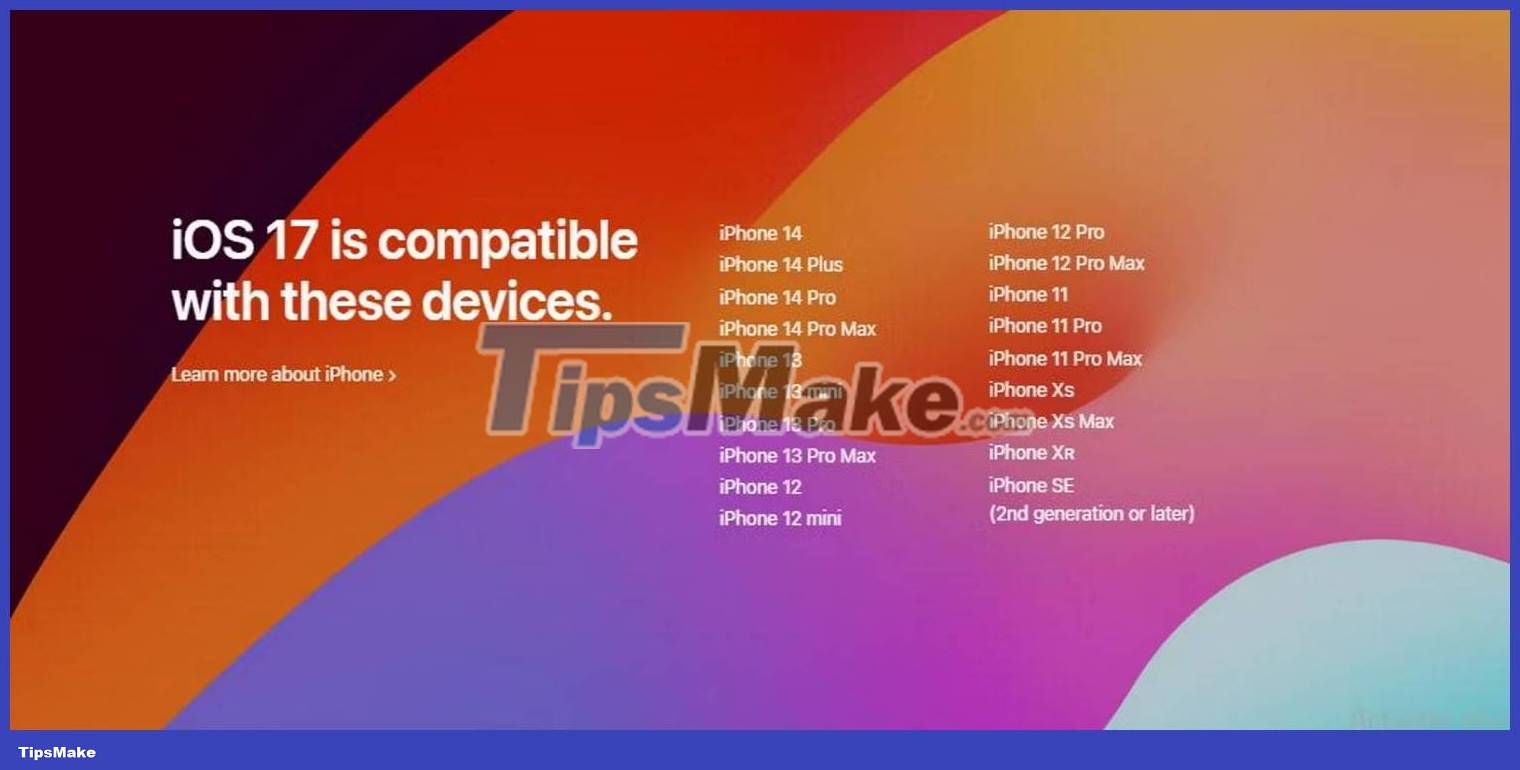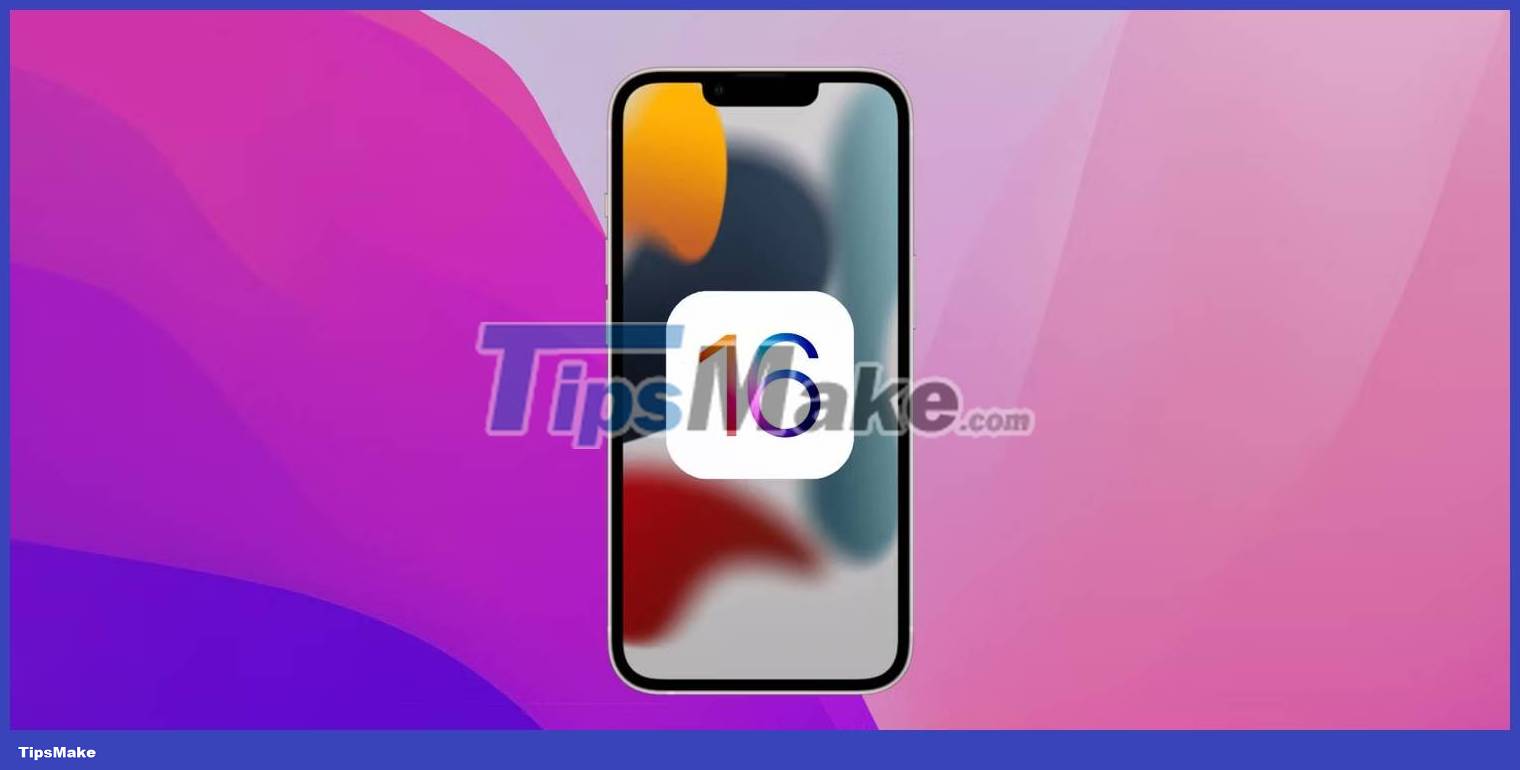Which iPhones won't get to iOS 17 and why?
iOS 17 is not for everyone. Every year, some iPhones lose the opportunity to run the latest version of iOS, and this time is no exception. iOS 17 brings some great upgrades, and I'm sure you're curious to see if you'll get them on your iPhone.
Will your iPhone get iOS 17 or be left behind? Read on to find out which iPhones didn't make the update, the reasons behind it, and what their future holds.
Which iPhone models do not support iOS 17?

Rumors broke out when claims about some iPhones being excluded from the iOS 17 update came true. iPhone 8, iPhone 8 Plus, and iPhone X are notable models that will not be excluded from the update list. All three of these iPhones were released in 2017. Of course, all older iPhones won't receive the iOS 17 update.
iPhone XS, iPhone XS Max, and iPhone XR users can breathe a sigh of relief as these models were launched a year later and will of course still receive the iOS 17 update. Other phones shortlisted include the iPhone SE (2020 and 2022 models) and the entire iPhone 11, 12, 13, and 14 lineup.
Why did Apple drop support for these iPhones?

Apple has a well-known tradition of removing some older models from its annual new software update. Apple typically supports devices that upgrade to new software for about 5 years.
Since the iPhone X and iPhone 8 were released in 2017, it's not surprising that they were excluded from the iOS 17 update. iPhones older than the iPhone 8 didn't receive iOS 16, while the iPhone 7 was limited to iOS 15. Update trends are fairly obvious and predictable.
Apple does this to ensure optimal performance. While these iPhones used to be the best, they no longer provide the processing power for all of iOS 17's cool features. The enhanced functionality of iOS 17 requires more hardware power than older models.
Although the iPhone X has a Neural Engine, it doesn't seem to be enough. The whole challenge of using iOS 17 features on an older iPhone will make your device lag, slow, and introduce performance and battery problems.
Apple's removal of iOS 17 support allows it to focus on creating features to work seamlessly across all compatible devices and deliver maximum performance. And most importantly, it's a smart way to motivate users to upgrade from an older iPhone to a newer iPhone.
Apple dropped support for iOS 17, what about obsolete iPhones?

iPhone 8/8 Plus and iPhone X users can still do a lot with their devices. These models will receive all security updates and bug fixes, and can continue to use the great features iOS 16 has to offer. Not getting iOS 17 can be a pity, but it will certainly ensure your device does not experience sudden battery problems or unexplained slowness and will continue to function smoothly.
Unfortunately, you will miss out on iOS 17 features and some apps may lose compatibility with legacy software. There are also many other reasons why you should update iOS, such as optimal performance. However, device safety may not be an immediate issue as Apple still provides security updates for devices that are nearly 10 years old.